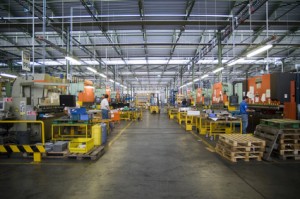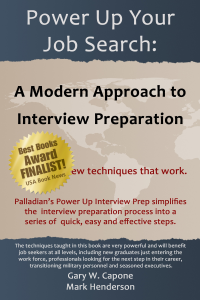 Behavioral interviews include questions about specific situations in your career. This question type is open-ended and requires you to give details of how you acted in the past. A number of manufacturing firms conduct behavioral interviews and even more incorporate behavioral questions in their interview process.
Behavioral interviews include questions about specific situations in your career. This question type is open-ended and requires you to give details of how you acted in the past. A number of manufacturing firms conduct behavioral interviews and even more incorporate behavioral questions in their interview process.
Virtually any work situation can be the focus of a behavioral interview question. Preparing for a wide range of questions is essential. I’ve gathered a number of sample behavioral questions that relate to manufacturing and production management positions.
-
Tell me about a time when you reengineered a process.
-
Tell me about a time when you increased throughput in a process.
-
Tell me about a time when you eliminated a bottleneck.
-
Tell me about a time when your actions resulted in greater efficiencies of your team.
-
Tell me about a time when your department was overstaffed.
-
Tell me about a time when your department was understaffed.
-
Tell me about a time when your team’s morale was very low.
-
Tell me about a time when you made an unpopular decision.
-
Tell me about a time when you dealt with a conflict between people within your department.
-
Tell me about a time when you encountered quality problems in your department.
-
Tell me about a time when you needed another department to do something that helped your department’s performance but hurt that department’s performance.
-
Tell me about a time when you managed a large capital project.
-
Tell me about a time when your team was performing below expectations.
-
Tell me about a time when you installed new equipment in your department.
-
Tell me about a time when you reduced downtime.
This list of behavioral interview questions is just a sampling of the questions you might encounter in a manufacturing interview. There are thousands of potential interview questions you might be asked. It is impossible to prepare a unique answer for every question you could encounter. To be successful, you need to prepare to discuss specific situations from your experience that you can tailor to answer a variety of questions.
In addition, questions targeting manufacturing operations, you may see questions that apply to multiple industries. More general questions about leadership, communications skills, technical skills, teamwork, attitude, and values are common in behavioral interviews.
| Get our book on behavioral interviewing. | Other Great Books to help you prepare for Behavioral Interviews: |




